Aid to publishers will be politicized
Normally when I write these annual predictions, I stick my index finger in the air to guess which way the wind is blowing. But this year, I can actually see the future — because I’m already living it.
Some context: Following in the footsteps of its Canadian brethren, the U.S. government may soon issue a labor tax credit for journalists as part of the Build Back Better bill that passed the House in November.
According to The New York Times’ Marc Tracy:
If the $2.2 trillion social safety net and climate package makes it through the Senate, it will provide $1.67 billion over the next five years for newspapers, websites, radio and TV stations, and other outlets that primarily cover local news.
You can argue about the importance of this program to publishers seeking a lifeline. But what can’t be argued is that any government aid to publishers will be politicized. This risks further eroding trust in traditional media and needs to be considered before any legislation is passed.
Republican opponents of the bill will chew on the “journalism bailout” as red meat for a base that already distrusts traditional media.
Populist alt-right and activist left-wing publications will use the tax credit as a cudgel to hammer reporters and editors for being in the pocket of the Biden administration. And conveniently, it’ll be a great fundraising opportunity for their own “independent” news outlets.
Companies on the receiving end of the subsidies will howl into the wind, “Journalistic independence!” Only to be drowned out anytime the #Bidenbloviators, #Bidensbeat, and #Bidensbroadcasters hashtags trend when a story is viewed unfavorably by the competing base.
My own views on this form of government assistance for journalism aren’t relevant in this prediction, although you can read what I wrote at the time about the Canadian government’s approach here and here. But know that this is all already happening north of the border.
David Skok is the CEO and editor-in-chief of The Logic.

Normally when I write these annual predictions, I stick my index finger in the air to guess which way the wind is blowing. But this year, I can actually see the future — because I’m already living it.
Some context: Following in the footsteps of its Canadian brethren, the U.S. government may soon issue a labor tax credit for journalists as part of the Build Back Better bill that passed the House in November.
According to The New York Times’ Marc Tracy:
If the $2.2 trillion social safety net and climate package makes it through the Senate, it will provide $1.67 billion over the next five years for newspapers, websites, radio and TV stations, and other outlets that primarily cover local news.
You can argue about the importance of this program to publishers seeking a lifeline. But what can’t be argued is that any government aid to publishers will be politicized. This risks further eroding trust in traditional media and needs to be considered before any legislation is passed.
Republican opponents of the bill will chew on the “journalism bailout” as red meat for a base that already distrusts traditional media.
Populist alt-right and activist left-wing publications will use the tax credit as a cudgel to hammer reporters and editors for being in the pocket of the Biden administration. And conveniently, it’ll be a great fundraising opportunity for their own “independent” news outlets.
Companies on the receiving end of the subsidies will howl into the wind, “Journalistic independence!” Only to be drowned out anytime the #Bidenbloviators, #Bidensbeat, and #Bidensbroadcasters hashtags trend when a story is viewed unfavorably by the competing base.
My own views on this form of government assistance for journalism aren’t relevant in this prediction, although you can read what I wrote at the time about the Canadian government’s approach here and here. But know that this is all already happening north of the border.
David Skok is the CEO and editor-in-chief of The Logic.
Kathleen Searles Rebekah Trumble

Amy Schmitz Weiss

Chicas Poderosas

Jesse Holcomb

Catalina Albeanu

Joni Deutsch

Jessica Clark

Joe Amditis

Simon Allison

Cherian George
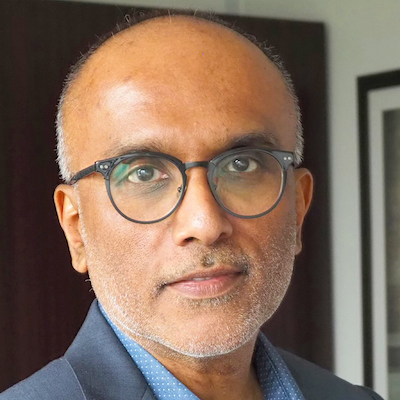
Shalabh Upadhyay

Raney Aronson-Rath

Stephen Fowler

Andrew Freedman

Don Day

Izabella Kaminska

Paul Cheung

Ståle Grut

Alice Antheaume

Ariel Zirulnick

Jody Brannon

Mandy Jenkins

Doris Truong

Errin Haines

Gonzalo del Peon

Meena Thiruvengadam

John Davidow

Juleyka Lantigua

Sarah Marshall

Anika Anand

Mike Rispoli

Anthony Nadler

Robert Hernandez

Chase Davis

Joy Mayer

Cristina Tardáguila

Simon Galperin

James Salanga

Cindy Royal

Millie Tran

Anita Varma

Gordon Crovitz

Eric Nuzum

Stefanie Murray

Matthew Pressman

Natalia Viana

Mary Walter-Brown

Tony Baranowski

David Cohn

Joshua P. Darr

Jennifer Coogan

Kendra Pierre-Louis

Nik Usher

Laxmi Parthasarathy

Rasmus Kleis Nielsen

Burt Herman
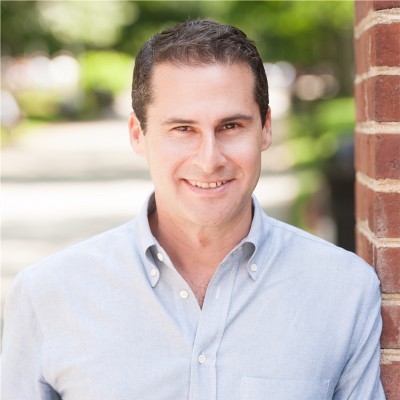
Matt DeRienzo

James Green

AX Mina

Tamar Charney

Christina Shih

Julia Munslow

Megan McCarthy

Jim Friedlich

Wilson Liévano
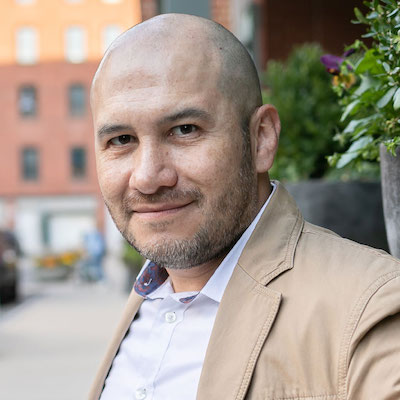
Michael W. Wagner

Brian Moritz

Victor Pickard

Melody Kramer

Whitney Phillips

Shannon McGregor Carolyn Schmitt

Tom Trewinnard

Candace Amos

Jonas Kaiser

Mario García
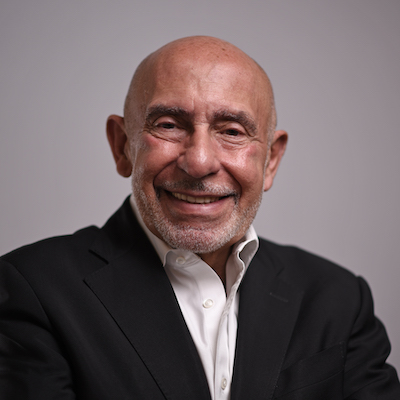
Jennifer Brandel

Kerri Hoffman

Gabe Schneider

S. Mitra Kalita

Jesenia De Moya Correa

Moreno Cruz Osório

Zizi Papacharissi

Daniel Eilemberg

Larry Ryckman

Richard Tofel

Julia Angwin

A.J. Bauer

j. Siguru Wahutu
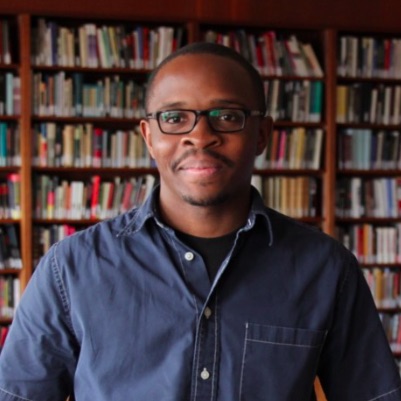
Joanne McNeil

Matt Karolian

Francesco Zaffarano

Kristen Muller

Kristen Jeffers

Christoph Mergerson

Rachel Glickhouse

David Skok

Parker Molloy

Sarah Stonbely

Sam Guzik

Amara Aguilar
